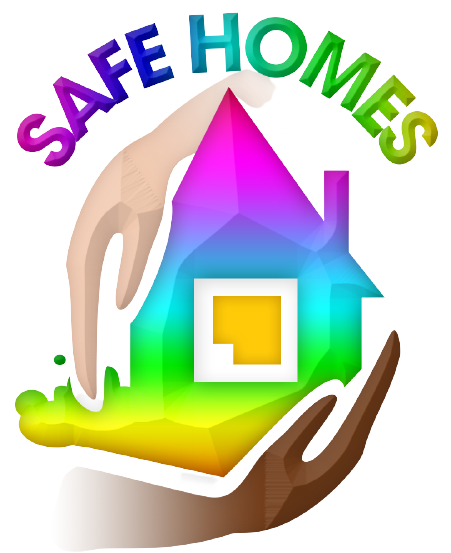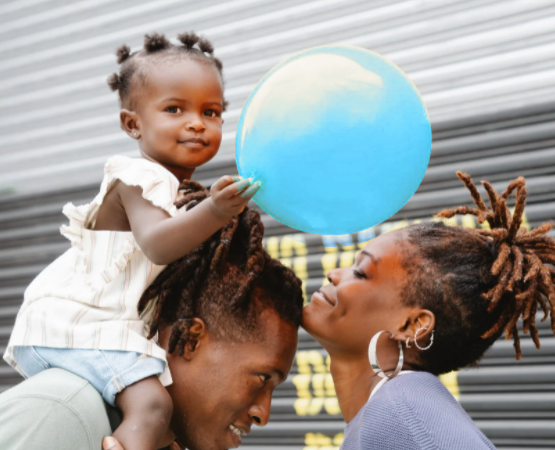Youth Career Aptitude Project Services
Youth CAPS: Bringing Relevant Skills to Youth
Highlighted as a Best Practice model program in the Washington State, Lieutenant Governor Brad Owens' 1999 and 2000 books: “Take A Page from Our Book”. A crime/violence prevention and intervention program that has a two-pronged approach: youth and their parent(s)/caregivers. Served 150 youth and families.
Overall, Youth CAPS is a model example of drawing on the strengths, talents, and resources of a community. The program illustrates how the community as a whole can pool its resources to help young people make healthy and responsible decisions.
It lies within our reach to change the futures of the disadvantaged, at-risk youth. The children who today, are at risk of growing into under-skilled, and undereducated adults, who are unable to help their own children and to realize the American dream they can instead, become productive participants in a twenty-first century America whose aspirations they can pass on to their children.
It has never been more important that it is today for our children to not only have knowledge of information technologies, but also to have the access to it. It’s vital that our young people acquire high skills that will prepare them to take their rightful places in the workplace.
Character Transformation Through 4 Phases
Youth CAPS help youth become more caring, productive, and socially responsible members of society through an unparalleled, best-practiced, one-year long comprehensive behavior change model with Four-Phases, three (3) months in duration for each phase:
o Phase I – Self Discovery (Self Esteem/Self Confidence)
o Phase II- Career ID (Aptitude, Interest Testing, Assessment & Exploration)
o Phase III-Technology/Basic Business Principles (Computer Training, Financial Literacy, Social Media, STEM)
o Phase IV- Putting It All Together (4-H Know Your Government, Community Mobilization, Community Service Project)
Youth Prevention/Intervention programs Initiated since 1995:
- Project Mental Champions: A "learning outreach" to help elementary children and their families develop skills they need to be successful in school, community and the "world of work."
- African American Youth Mentoring Program: Provides youth mentoring leadership experiences for African American youth residents of Tacoma public housing; outreach, prevention, and resiliency skills training.
- Hilltop Youth Council: Platform for youth to exhibit their leadership skills among their peers and in their communities.
- Teens Against Tobacco Use: Train youth to become "Teen Educators" to deliver a tobacco curriculum to younger children to help motivate them to choose a healthy way of life.
- Inner City 4-H Club: The "Learning by Doing" philosophy of 4-H emphasizes the importance of involving members in the learning process. What people hear, they may doubt, what people see, they may possible doubt; but what people do, they cannot doubt.
- Media Literacy: Serving an affective-based substance abuse prevention education activity in a variety of venues including schools, low-income housing areas, and community youth programs 11-weeks.
- Shepherding Homes: Addresses the basic need of shelter in the lives of homeless youth. This program is designed to "guide and watch over" the transition of youth from "at-risk" to "at-hope".
- Drop-In Center for Homeless/Street Youth: Through the collaboration of Pierce County Youth Service providers, we are increasing awareness of youth who are homeless, street involved or "at-risk" of becoming homeless by identifying relevant data and developing a strategic plan to implement solutions. (Jason Lee Middle School).
- Washington State University - Health Rocks! ® is curricula for a healthy living program targeted at young people ages 8 to 14. Teen and adult facilitators share hands-on activities that educate youth on the consequences of tobacco, alcohol, and drug use.
- The program aims to:
- Reduce youth smoking and tobacco use.
- Help youth build life skills that lead to healthy lifestyle choices with special emphasis on youth smoking and tobacco use prevention.
- Help youth understand influences and health consequences of tobacco, drug, and alcohol use to make healthy choices.
- Engage youth and adults in partnership to develop and implement community strategies that promote healthy lifestyle choices.
- Build positive, enduring relationships with youth involved as full partners through widely varying "communities of interest" to address youth risk behaviors.
- Delivering Lasting Impact.
Young Business Men
Fiscal Sponsorship: Young Business Men (YBM) engages high-risk youth, offering programs that teach and encourage physical well-being, teamwork, role modeling, and leadership, allowing them to become positive contributors to their families and their communities and to perpetuate these skills for future generations.
YBM works to support a diverse group of young men, ages 13-17, to whom negative influences and environmental conditions of the urban landscape offer little hope and immeasurable help. These young men are often less fortunate, misguided, angry, and effected by drugs and gangs.
Most have essentially lost hope. Fortunately, within this marginalized population we still find those who are driven, motivated, and desirous for a better and brighter future. YBM offers youth this opportunity through a program with highlights four key objectives:
- Education: Encourage each young man toward High School completion and, if desired, college preparedness. Provide access to the tools and programs to be successful.
- Business: Encourage entrepreneurship by fostering ideas, teaching money management and investment skills, mentoring students and bolstering their networks. Introduce youth to different forms of entrepreneurship which include starting their own company, buying an existing business or franchise, etc., and identifying which is the best fit for students’ personal skill sets and ambitions.
- Physical Fitness: Promote a routine of physical conditioning, which will help to reduce negative health-related outcomes, and to condition those desiring an athletic career.
- Community: Use newfound skills to beautify and uplift the community, physically, economically, and socially. Educate young men on gang association and its negative influences.




